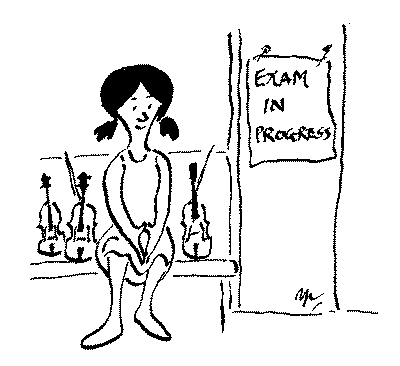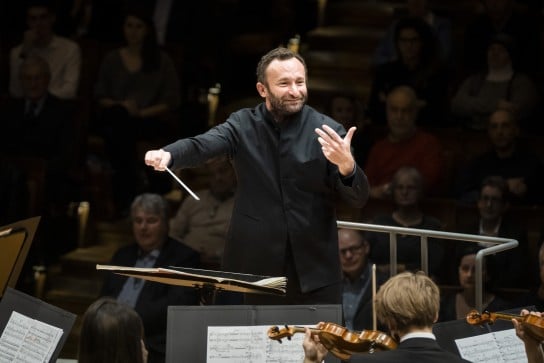Are music exams weaker when taken online?
NewsWe are hearing concerns from examiners that the growing trend for students to take the tests online has left them unexamined in essential skills and areas.
The MTB (music teachers’ board) has recently joined ABRSM & Trinity in offering digital exams.
One examiner tells slippedisc.com: My concern is that they have dispensed with those concommitant elements of traditional music examinations, namely:
Sight Reading
Aural Tests
Scales & Arpeggios on request
This cannot be good for the education of the next generation of musicians?
Your views, please.






Comments